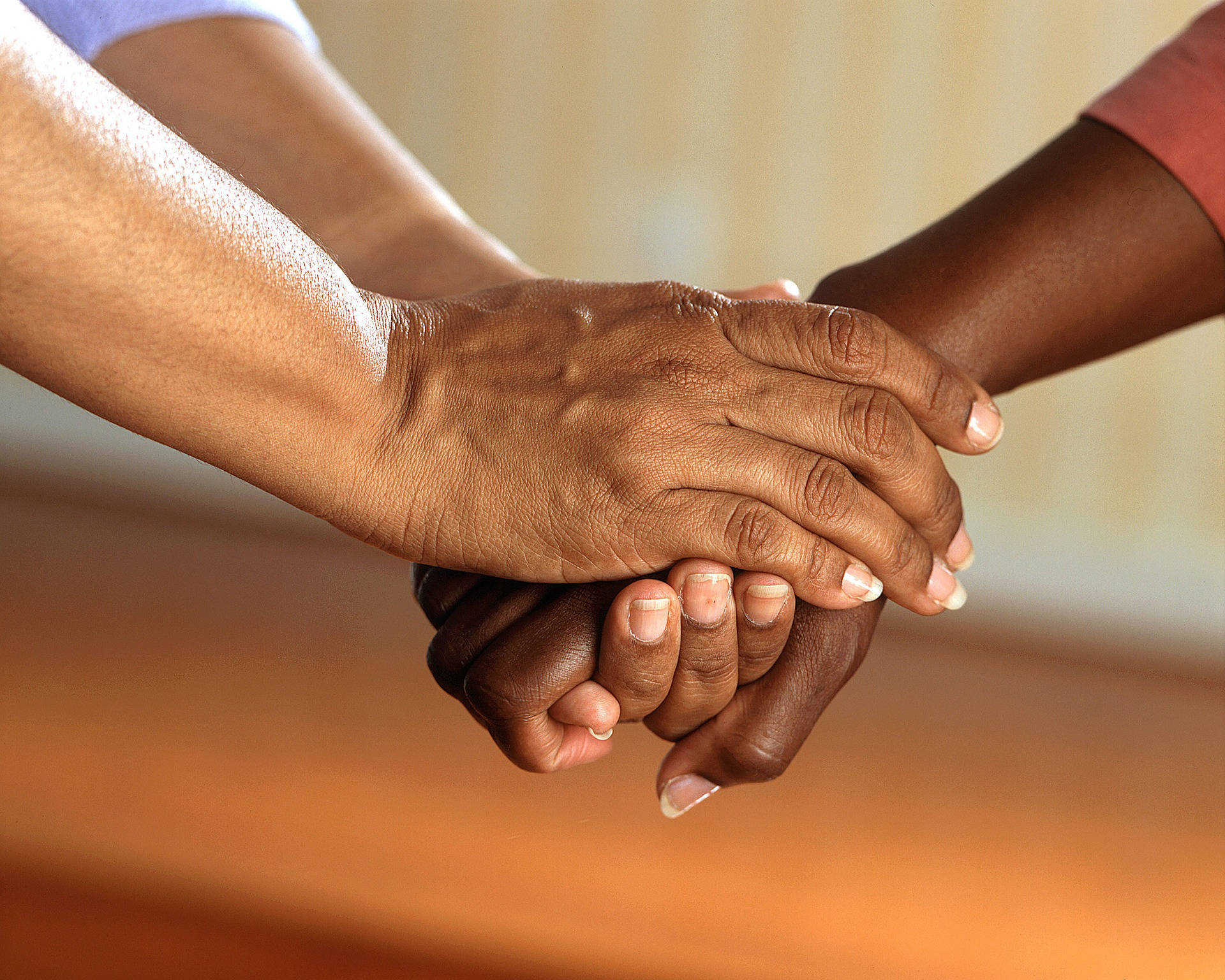Those who grapple with mental health issues or addiction can feel overwhelmed by the prospect of finding help.
For years, a small group of islanders has been quietly assisting struggling community members by encouraging a visit to Alcoholics Anonymous, signing them up for health insurance or simply sitting down with a cup of coffee to chat.
Those volunteers are now hoping to create a more structured program to help citizens gain access to social services in the region.
“You can’t time when someone has a crisis to coincide with business hours,” said Jim Connell, who has been sober for 15 years and active in AA for a decade. “So right now, you can either call 911 or do nothing. That ‘something in between’ is someone to talk to and get you through the weekend. And where does that person come from if not the community?”
Connell is spearheading Recovery in Community, a pilot program that will train volunteers in providing mental health and addiction guidance — whether it’s getting someone into a rehab program, scheduling therapy or finding housing. A paid coordinator will oversee pairing volunteers with clients. The resource center is on board as the fiscal sponsor, and therapists — like Julie Gottmann and Anita Castle — would provide training.
Clients will be identified the way they are now: through AA, Narcotics Anonymous, Al-Anon, the Orcas Community Resource Center and local churches.
“Someone will say, ‘I have a friend who has issues with depression. Can you talk to them?’ Sometimes people just need a person with a similar experience,” Connell said. “We want to test out whether we can formalize what’s been happening informally. Our partners in this program are predicting that demand will exceed capacity.”
Most recently, Connell was a sponsor and then an advocate for a local homeless man struggling with alcohol addiction. Connell helped him get into a halfway house on the mainland, where he now has a job driving for FedEx. The two talk on the phone every few weeks.
Recovery in Community would run for nine months after which time an evaluation — complete with case studies — will determine whether or not the initiative will continue.
“We will have an honest discussion at the end of nine months,” Connell said.
The program is part of the Orcas Island Community Foundation’s May grant catalog, and other donations can be made at www.gofundme.com/RIC-we-can-do-this. If the funding request through OICF is successful, RIC is slated to begin serving clients by June.
Background
When Connell’s wife Christine died nearly seven years ago, she wanted her legacy to be a halfway house on the island for women coming out of rehab.
“I took that very seriously,” Connell said.
While looking at the feasibility of such an endeavor, he realized it would require considerable staffing and resources.
Connell began discussing his late wife’s dream with Dave Johnson, an Orcas resident who has been part of the recovery community for the past 20 years. Along with Susan Hull and Donna Delong, the four started looking at how to make the advocate process more formal.
With the resource center on board and a handful of islanders willing to be trained, RIC decided to apply for an OICF grant and seek local funding. Connell, who is also a musician, presented two nights of concerts with the James Reid Band on April 1 and 2 at Orcas Center to raise awareness about the initiative.
If someone is in need now, Connell recommends calling a 24/7 addiction or mental health hotline, attending an AA meeting or reaching out to the resource center at 360-376-3184.
“Recovery in Community is about filling in the gaps and the enrichment of current support,” Connell said.



